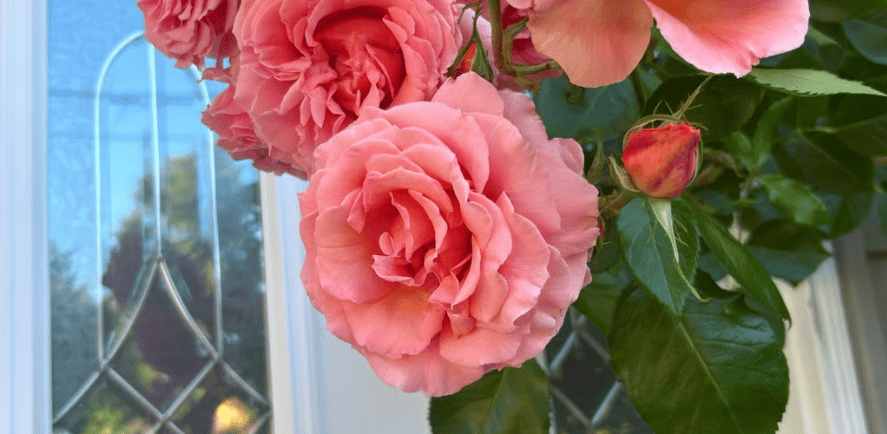Why Appreciation and Gratitude Keep You Away from Bad Habits
Have you noticed that people who express more appreciation and gratitude for what they have in life tend to be happier and have healthier habits? Is this just a coincidence or there is something more to it?
MINDFULNESSDOPAMINEPSYCHOLOGYHAPPINESSNEUROSCIENCECONSUMERISM
8/13/20252 min read


Since I was little, I remember noticing that people who are more appreciative of what they have and grateful for every little thing ever done for them tend to be happier people. They also usually do not indulge in addictive or harmful habits, but instead choose healthier lifestyles overall. I thought it was just a coincidence, that this was just the nature of that type - kind, appreciative, humble and wise people who make good choices.
But is it so? Is this about the nature and just nature? While we all have our own pre-dispositions, this is more about our choices, and choices can be made consciously, changed and improved.
It is no secret that our choices become our behavioral patterns and routines, and these can rewire our brains. The more we condition our brains to focus on certain activities, behaviors or thoughts, the more these become our second nature. So, when we make it a habit to be appreciative and grateful, we wire our brains to focus on the positive. By doing so, we increase amounts of healthy happy chemicals and choose healthy sources of dopamine. These are not related to instant addictive sources of dopamine, but lead to longer-lasting and higher-quality emotional gratification.
What happens when instead of appreciating what you have in the moment you focus on what you do not have? First, you live with a sense of dissatisfaction in that moment and cannot wait to step into the future where you will have achieved or obtained what you wish. At that point, though, you are likely to miss what you had before and regret not having appreciated it enough when you had it. Be it a challenging stage of your life where you struggled to make both ends meet but had very cordial relationships with your family and friends who then moved away, or a sleep-deprived stage when you held your newborn or toddler in your arms and sang to them, and now they have grown up. Whatever it is, moments do not repeat in our lives, and as challenging and sometimes frustrating as they are, they are also special. And it is up to you whether to appreciate them while they last and then appreciate the future when it comes, and thus, to live in a constant state of appreciation, or to be dissatisfied with what you have and then miss it later and therefore, be dissatisfied again and live in a constant state of dissatisfaction and regret.
If you make it a habit to look at your present with negativity and dissatisfaction, you wire your brain to focus on the negative and look for it even when things are good. You reduce your dopamine levels and increase the levels of cortisol, a stress hormone that apart from being a stress hormone also prevents dopamine level from increasing. This makes you vulnerable to addictive and low-quality quick dopamine sources that lead to addictive behaviors and bad habits. Afterall, we all need emotional rewards, don't we? And what stands between healthy rewards and addiction and self-sabotage are sources of dopamine that we choose.
If you would like to look deeper into the topic and mechanisms of emotional gratification, as well as for practical tips on choosing healthy sources of dopamine, check out the book High on Life Not on Stuff. It is not only about impulsive consumption, but can be applied to many areas of life and aims to help not even crave addictive or harmful habits and behaviors.